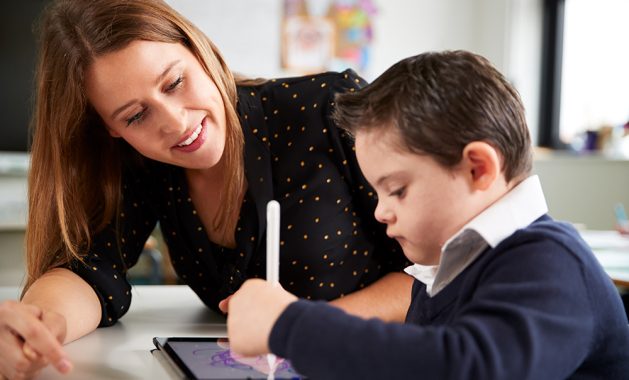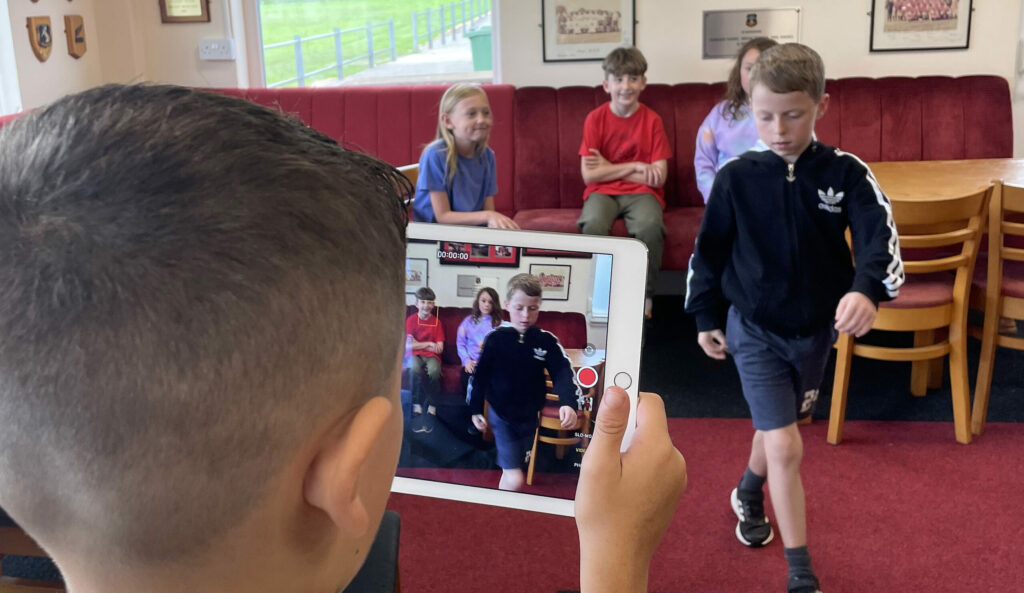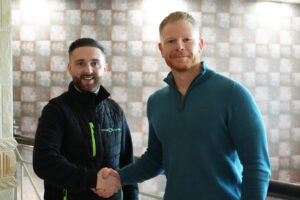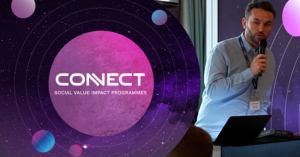PBL represents a departure from traditional instructional methods, placing emphasis on pupils actively engaging in real-world, meaningful projects to gain knowledge and skills.
What is Project Based Learning?
PBL is an instructional approach that encourages pupils to explore real-world problems and challenges through hands-on projects. Unlike traditional classroom instruction, where pupils often passively receive information, a project-based approach empowers pupils to take ownership of their learning by investigating, collaborating, and problem-solving.
In a PBL environment, pupils typically work on projects that require them to apply knowledge from various disciplines, such as science, mathematics, languages, and social studies. These projects are often interdisciplinary in nature, reflecting the complexities of real-world issues and fostering critical thinking skills.

The impact of Project Based Learning
One of the most significant impacts of PBL is its ability to enhance pupil engagement and motivation. By allowing pupils to explore topics that are relevant and interesting to them, it creates a sense of ownership and investment in their learning journey. When pupils are actively involved in meaningful projects, they are more likely to stay motivated and enthusiastic about their studies.
Collaboration and communication are essential skills in today’s world and unlike traditional teaching methods that often focus on memorising information, PBL emphasises the application of knowledge in real-world contexts. By working on authentic projects, pupils can see the relevance of what they are learning and how it can be applied outside the classroom. PBL encourages pupils to transfer their knowledge and skills to new situations, preparing them for lifelong learning and adaptability.
Research suggests that PBL leads to increased retention of information and a deeper understanding of concepts. When pupils are actively engaged in hands-on projects, they are more likely to remember and internalise what they have learned. PBL encourages pupils to make connections between different concepts and apply their knowledge in meaningful ways, leading to a more robust understanding of the subject matter.
And in Wales…
The new Curriculum for Wales, represents a significant transformation in the educational landscape of Wales. This curriculum marks a departure from traditional subject-based learning towards a more holistic and integrated approach that aims to empower learners and prepare them for the challenges of the 21st century.
How does PBL fit with the new Curriculum for Wales?

The new Curriculum for Wales emphasises experiential learning – with a focus on hands-on, inquiry-based approaches that allow learners to explore topics in depth and make meaningful connections to the world around them. This includes opportunities for outdoor learning, real-world projects and engagement with local communities. This is where PBL comes into play.
As a team of educators at Aspire 2Be, we’ve delivered many projects over the last decade that have facilitated opportunities for all involved to develop knowledge, skills, and competencies needed to thrive in the 21st century. Whether it is digitising a Rugby Club’s 60 year collection of sporting artefacts, embracing the Net Zero Agenda or through transforming the way local libraries engage with schools in a digital capacity, we’ve done all sorts!
As the world evolves, PBL stands out as a promising strategy for preparing pupils for success in school and beyond. By embracing PBL, we can create dynamic learning opportunities where pupils are empowered to explore, create, and thrive in a wide range of sectors.
To explore how we can collaborate on the delivery of a PBL approach, please contact Ryan Evans via ryan.evans@aspire2be.co.uk






